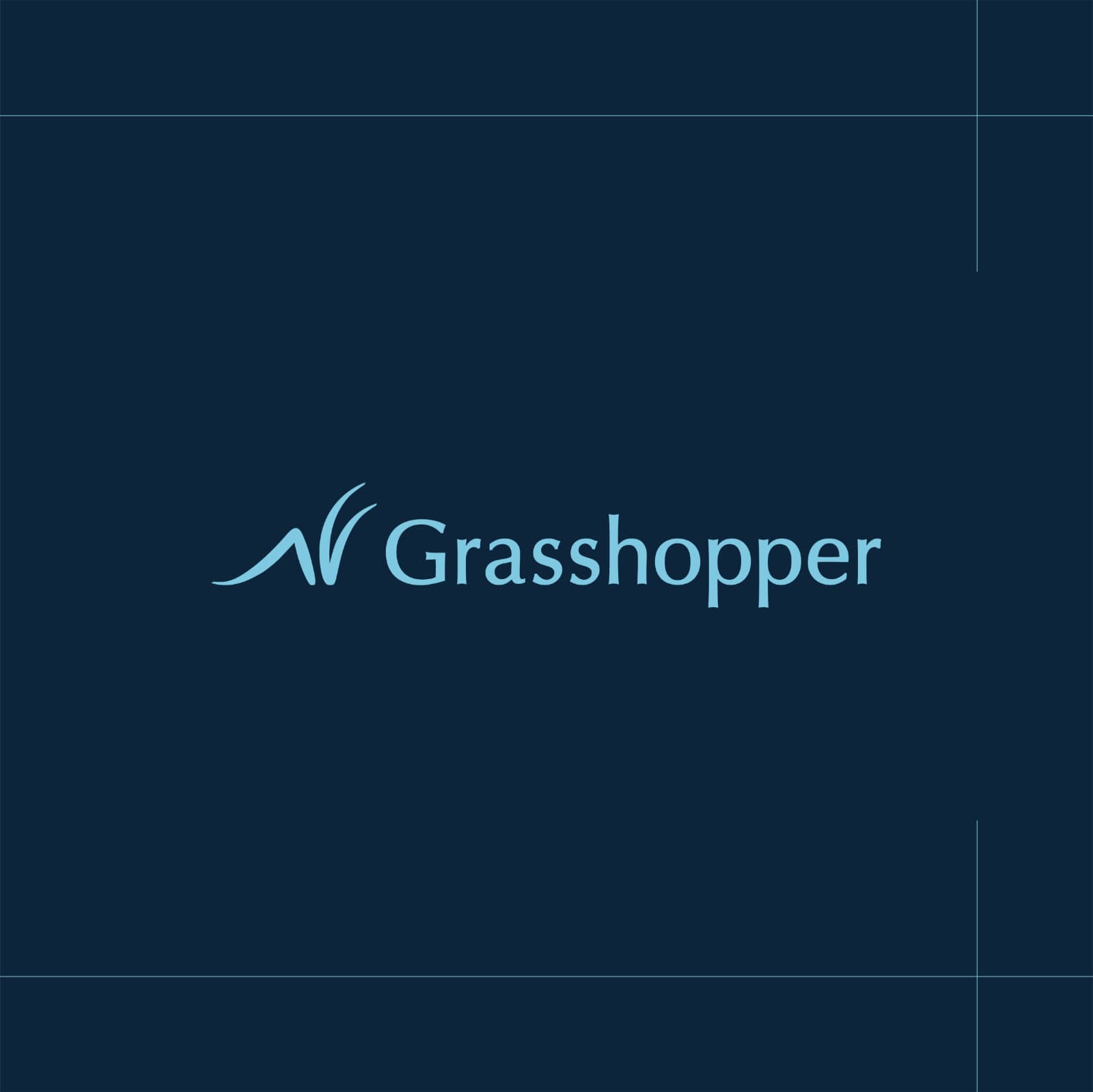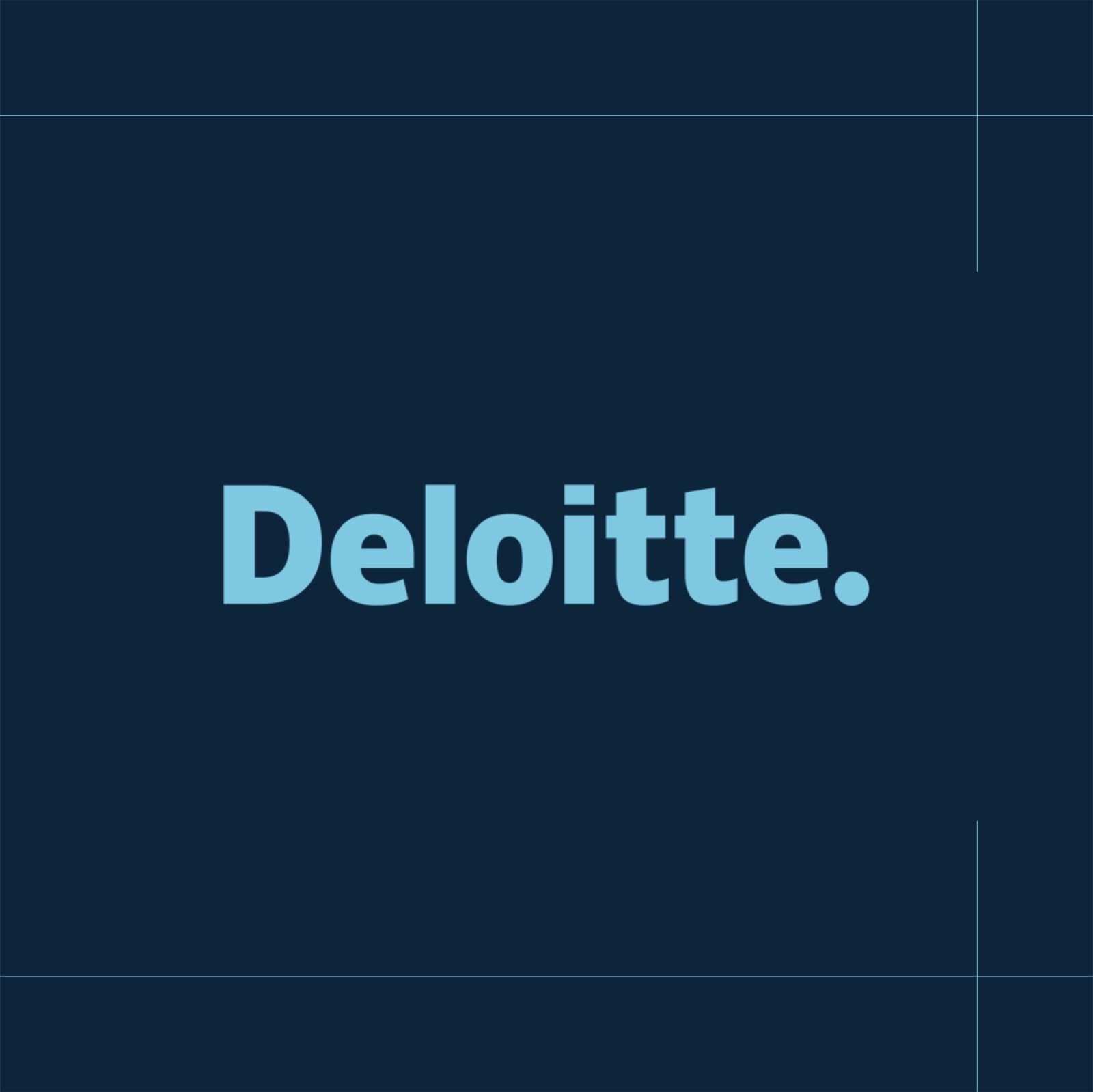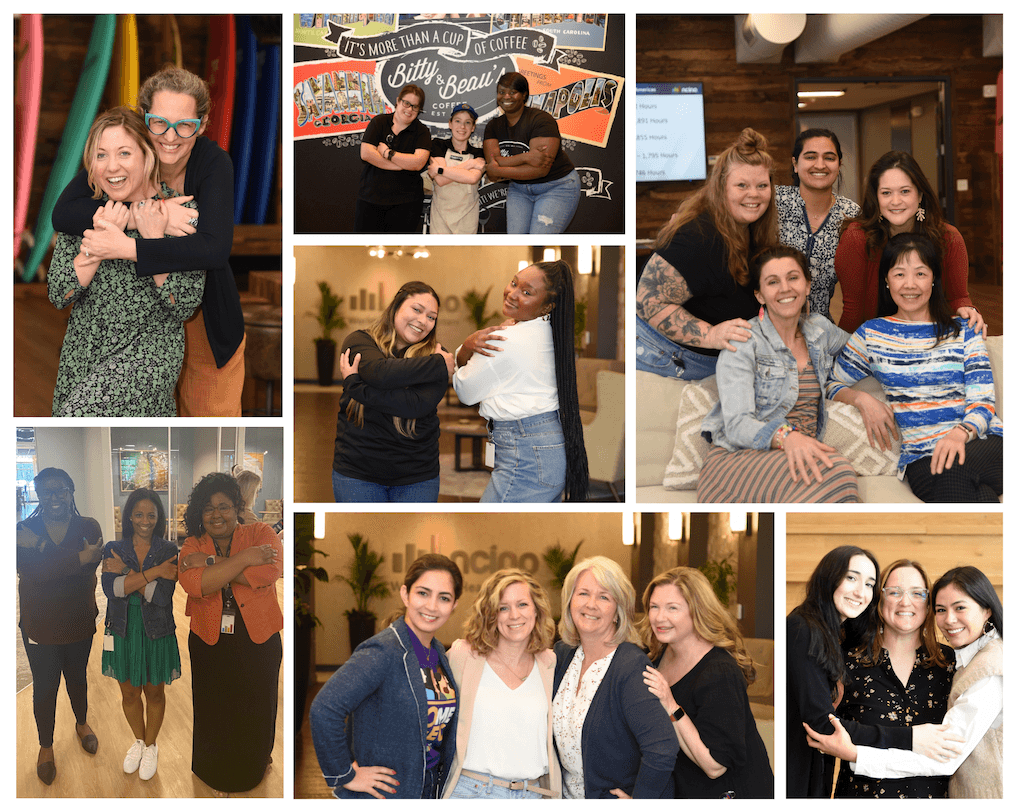Dodd-Frank 1071’s final rule, issued on March 30th, 2023, one day before the critical amendment to the Equal Credit Opportunity Act (ECOA) was anticipated to be finalized, is a game-changer for small business lenders.The rule mandates that financial institutions report certain lending data points for small business lending, including demographic data on women-owned, minority-owned and LGBTQI+-owned small businesses. This data will be used by the Consumer Financial Protection Bureau (CFPB) to enforce fair lending laws and to identify community needs and access to credit. The data collected under the rule will also be used to develop new programs and initiatives to support small businesses.When a financial institution (FI) is required to collect and report the required data is dependent upon the number of small business loans originated during 2022 and 2023. The earliest date an FI is required to begin collecting data is October, 1, 2024 (2,500 originations) with time extensions to April 1, 2025 (100 or 500 to 2,500 originations) or January 1, 2026 (at least 100 originations), depending on circumstances.The rule is a complex one, and FIs will need to take steps to comply with it. As your FI prepares to conform to the new requirements, here are some actions to consider.










